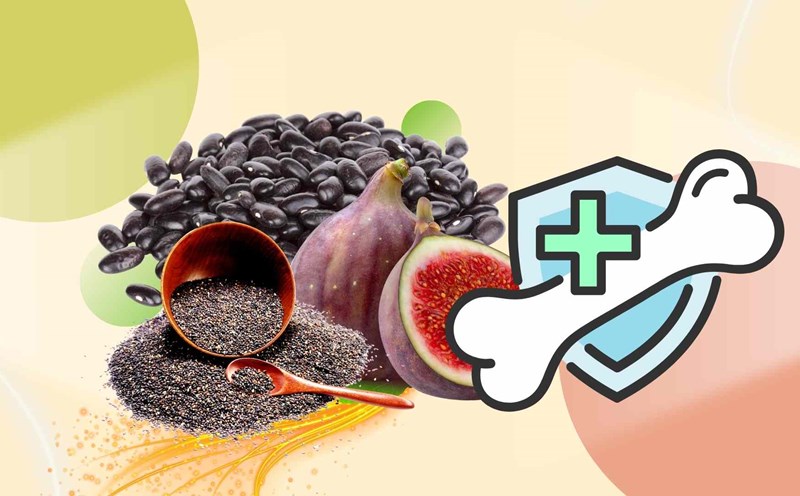What is special about art?
Turmeric contains curcumin, a powerful anti-inflammatory and antioxidant compound. Curcumin can help relieve pain like non-steroidal anti-inflammatory drugs (NSAIDs) but have fewer side effects, says Dr. Gurdeep S. Sareen, a clinical pharmacist in New York and a scientific advisor at Health Match.
Many recent studies have shown the diverse pain relief properties of turmeric, from arthritis to muscle pain, nerve pain and fibromyalgia.
5 types of turmeric pain that can help reduce
Pain caused by arthritis:
Curcumin is as effective as diclofenac ( voltaren) in treating osteoarthritis. People who use curcumin are less likely to experience side effects such as stomach pain, ulcers or digestive bleeding. For rheumatoid arthritis, an autoimmune disease curcumin also helps reduce the inflammatory response and improve symptoms.
Muscle pain and pain after exercise:
Curcumin helps reduce muscle pain and fatigue after high-intensity exercise. People who use curcumin recover better thanks to their ability to fight oxidative stress, the main cause of tissue damage after exercise.
Neuropathic pain:
Turmeric can help reduce symptoms of neuropathic pain, especially in diabetics with peripheral neuropathy complications. The potency of curcumin in supporting post-operative pain relief.
fibromyalgia pain:
In animal studies, curcumin helps reduce the feeling of spreading pain and improve sleep, two common symptoms in people with fibromyalgia. However, more human studies are needed to confirm its effectiveness.
Back pain:
A 2024 study shows that the combination of curcumin and incense (boswellia) helps reduce back pain quickly after only 76 minutes, while improving mobility and quality of life.
How to use turmeric effectively and safely
You can eat turmeric in the form of foods such as turmeric milk (yellow milk), turmeric tea or add it to daily dishes such as rice, soup, stewed beans. For the purpose of supporting treatment, curcumin tablets are often recommended in a dose of about 500 mg, twice a day.
Although herbal, curcumin can still cause some mild side effects such as bloating and diarrhea. In addition, it can interact with drugs such as blood thinners, chemotherapy drugs or immunosuppressants. Therefore, you should consult your doctor before using curcumin regularly or with high doses.











